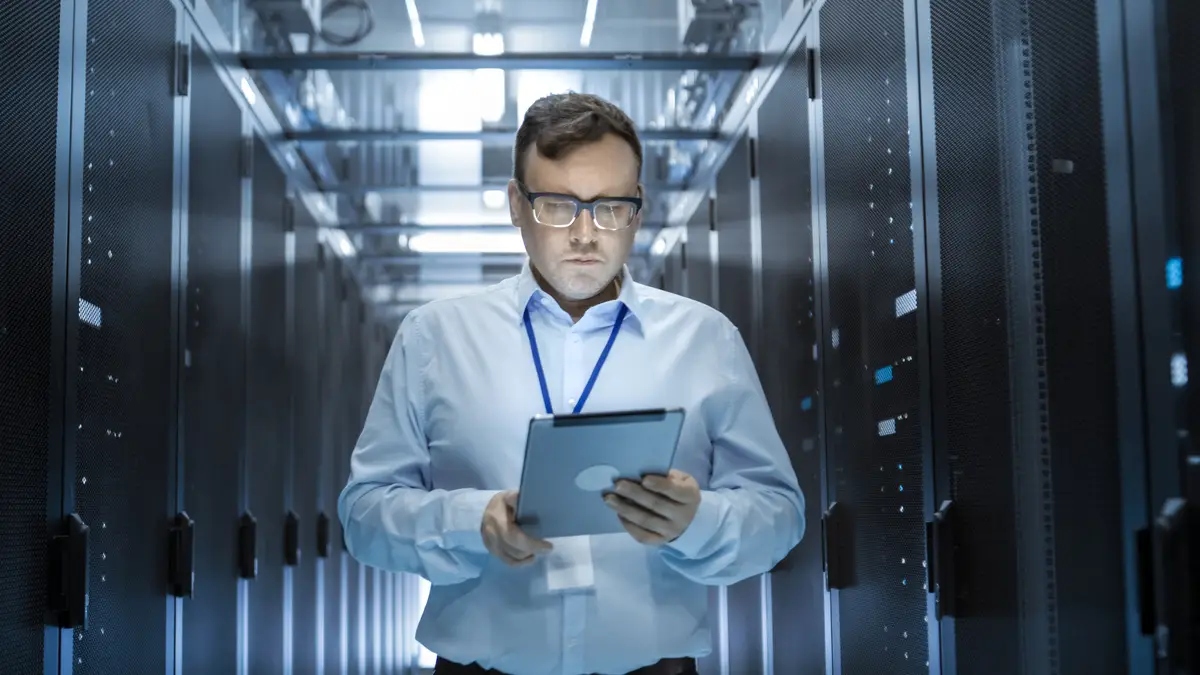Comments
- No comments found

In the latest episode of CXO Spice sponsored by Intel, I was delighted to host Shakir Rizvi, Senior Manager, Business Strategy and Intel Alliance leader at Deloitte.
Key Takeaways:
Shakir brought to light the escalating significance of AI adoption, spurred by Generation Y’s impact on consumer markets. He stressed the necessity for businesses to calibrate strategic initiatives with technological strengths. Deloitte and Intel’s joint study revealed that scaling AI adoption remains a challenge despite of 94% business leaders recognize the pivotal role of AI. Shakir unpacked the top 3 AI adoption challenges and shared how the strategic alliance with Intel is directed at overcoming these barriers through software and hardware optimizations.
Challenges in AI Adoption:
Deloitte’s market research and client conversations have identified three major obstacles in AI adoption:
Intel and Deloitte’s Joint Efforts:
In partnership with Intel Corporation, Deloitte has explored both hardware and software aspects to tackle client challenges. Their ‘fit-for-purpose’ AI hardware and software optimizations methodology is a strategic initiative aimed at assisting enterprises in achieving an optimal balance between cost, performance, and energy consumption, thereby enhancing the ROI of AI investments.
Considerations for AI Workload Management:
Enterprises evaluating hardware and software options for AI workloads must consider several dimensions, including performance needs, hardware and software capabilities, deployment choices, and cost optimization. Intel’s Xeon CPUs are continuously evolving to boost efficiency and performance. While GPUs and NPUs may provide superior performance for certain tasks, not all AI applications require such processing power. Intel’s partnerships with Hyperscalers offer a variety of hardware choices to optimize costs. Software optimization is also critical, with Intel offering specialized extensions and libraries like PyTorch, TensorFlow, and openVINO to improve performance. Internal studies have shown significant performance improvements, with some cases achieving over a 75% increase while reducing energy consumption.
Looking Forward:
As enterprises explore the limits of AI capabilities, collaboration with infrastructure teams is key to thoroughly assess hardware and software optimization possibilities. The most effective strategy will be determined by each organization’s unique business strategy, AI workloads, resources, and sustainability objectives.
The alliance between Deloitte and Intel is a profound commitment to spearheading the future of AI optimization. As the technological landscape evolves, this strategic alliance stands as a paragon of innovation and guides businesses through the complexities of AI integration.
I look forward to the continued AI workload optimization that will stem from this synergy.
Watch the full interview for more insights: https://www.youtube.com/watch?v=BFlgjRieuWo&t=353s
Helen Yu is a Global Top 20 thought leader in 10 categories, including digital transformation, artificial intelligence, cloud computing, cybersecurity, internet of things and marketing. She is a Board Director, Fortune 500 Advisor, WSJ Best Selling & Award Winning Author, Keynote Speaker, Top 50 Women in Tech and IBM Top 10 Global Thought Leader in Digital Transformation. She is also the Founder & CEO of Tigon Advisory, a CXO-as-a-Service growth accelerator, which multiplies growth opportunities from startups to large enterprises. Helen collaborated with prestigious organizations including Intel, VMware, Salesforce, Cisco, Qualcomm, AT&T, IBM, Microsoft and Vodafone. She is also the author of Ascend Your Start-Up.
Leave your comments
Post comment as a guest